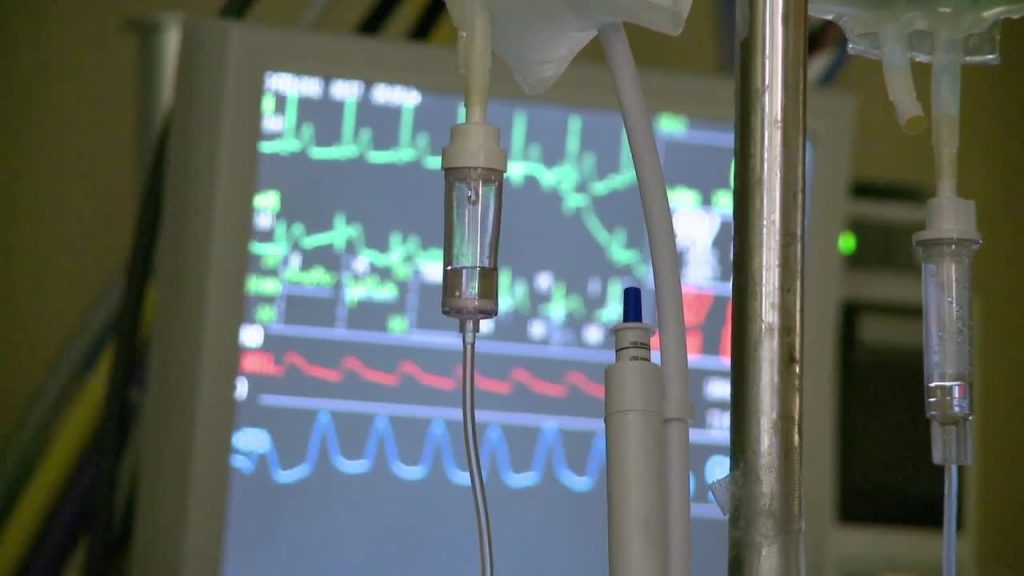SALT LAKE CITY, OK — A proposed bill in Utah aimed at reforming the state’s medical malpractice laws is stirring significant debate, with many victims of medical errors and their families raising concerns that it could severely limit compensation for those suffering life-altering injuries.
House Bill 503, which passed out of the House Business, Labor, and Commerce Committee on Tuesday by a 10-4 vote, seeks to cap the total damages that someone can receive for injuries caused by medical malpractice at $1 million. The bill also proposes changes to the pre-litigation process for malpractice claims, with the goal of reducing the number of lawsuits filed against healthcare providers.
The bill’s sponsor, Rep. Katy Hall (R-South Ogden), argues that the rising number of malpractice lawsuits is contributing to stress among healthcare providers, leading some to leave the profession. She asserts that the legislation is designed to protect doctors from rising insurance premiums and legal fees while ensuring that legitimate malpractice claims are still addressed.
“The rise in lawsuits adds another layer of stress and strain on our providers, pushing many to the breaking point and driving them away from the profession entirely,” Rep. Hall said during the committee hearing.
While the bill has garnered support from medical associations, including the Utah Hospital Association, it has also faced sharp criticism from families who argue that the proposed cap on damages is inadequate, particularly for those whose injuries result in long-term care costs. One of the most vocal opponents of the bill is Melissa Hansen, who shared the heartbreaking story of her son Oakley, a 7-year-old who suffered catastrophic injuries due to a series of medical mistakes.
Hansen told lawmakers that Oakley, who was being treated for an infection, endured two cardiac arrests, widespread organ damage, and multiple strokes while in the hospital. As a result of the errors, Oakley is now quadriplegic and reliant on life support. His mother pointed out that even 23 years later, his annual care costs total approximately $1 million.
For Hansen, the proposed $1 million cap on damages feels deeply insufficient. “This bill is to protect the rich, not the victim like me,” said one man who testified about his debilitating injuries caused by medical malpractice, echoing Hansen’s frustration.
The issue of compensation for victims of malpractice has long been contentious. Critics of the bill argue that it would disproportionately impact those who suffer the most severe injuries, as the cost of lifelong care for victims can far exceed the proposed cap. Hansen emphasized that the costs of caring for someone with such severe disabilities are ongoing and often unpredictable.
The bill’s supporters, however, contend that the measure is necessary to keep healthcare providers in the state, particularly in rural areas where doctors are in short supply. David Gessel, executive vice president of the Utah Hospital Association, said that physicians in Utah are increasingly facing pressures from litigation and the rising costs of malpractice insurance.
“The challenge in keeping doctors in the practice in this state is real,” Gessel said.
Some medical professionals have also expressed concerns about the potential shift of financial responsibility to taxpayers. Dr. Ryan Coil, a physician, argued that the bill would ultimately pass the financial burden onto public programs like Medicare and Medicaid, rather than addressing the root causes of rising healthcare costs.
As the bill moves to the full House for consideration, some lawmakers have acknowledged the need for adjustments. Rep. Hall herself admitted that there may be concerns with the legislation’s impact on severe cases like Oakley’s.
“On the [severe] cases you’ve heard, I can see the issues,” Hall said during the committee hearing, recognizing the complexity of the concerns raised.
With less than two weeks remaining in the legislative session, HB 503 is set for further debate, and it remains to be seen whether any changes will be made before it is voted on by the full House. If passed, the bill could set a precedent for how medical malpractice cases are handled in Utah for years to come, balancing the needs of healthcare providers and victims in a highly charged and contentious arena.

